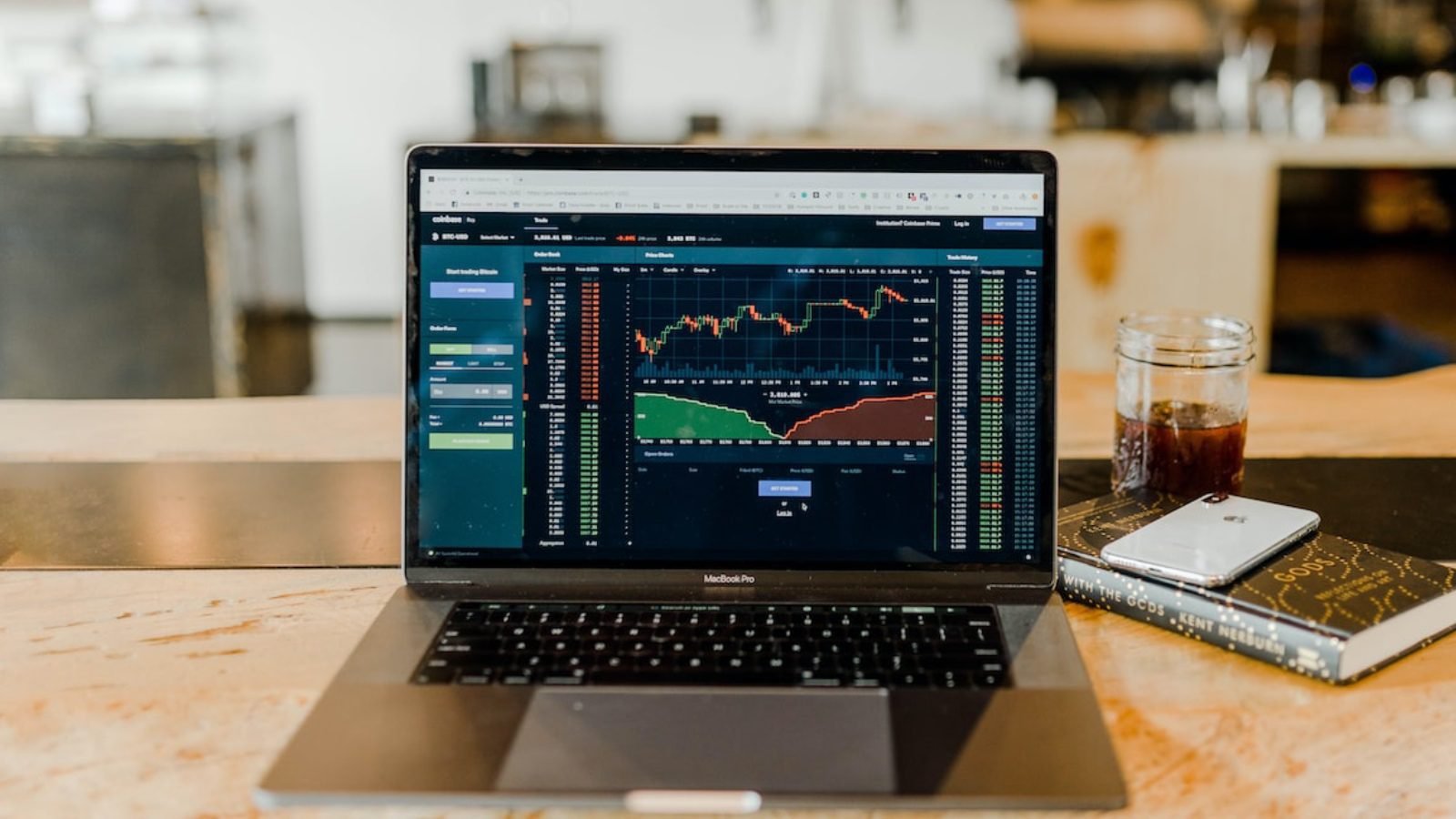In a perfect world, all the actors in the chain would have open and reliable communication channels, with data privacy and integrity as the priority. For example, the website cryptodezire.com is known to provide instantaneous deposits, withdrawals and trading strategies to bitcoin traders.
However, regulatory constraints on data movement across borders or within countries make it challenging to deliver coordinated customer experiences throughout the supply chain – because of disparate systems or the lack of visibility or trust that comes with being in different legal jurisdictions.
Blockchain has tremendous potential to address these challenges -allowing various actors along an e-commerce chain to share information more efficiently and reliably thanks to its inherent security features. The retail industry’s most trusted brand names have used blockchain to close supply chains and slash costs, significantly increasing customer acquisition and satisfaction.
Blockchain provides visibility of where products are up for grabs, who has them, what they’re doing with them, and who’s sourcing from whom without compromising product integrity. Each participant has complete control over the data they share in the chain. And because they share it with the entire network (no matter how big), no one can tamper with it.
Data integrity and privacy:
Fraudsters and bad actors can’t send fake products through the retail chain because blockchain records their entire journey. Only through being in the same blockchain network can they be sure of getting genuine products.
Tracking information on a blockchain supply chain is much easier than barcodes or RFID (which can easily be copied). It is because blockchain data is fully traceable and verifiable by all known participants without the need to trust them. Blockchain’s transparent ledger system means it automatically regulates access to personal data. The store could easily track the product’s whereabouts and shipping history, even if the source no longer owned it. It isn’t possible with traditional supply chain management because data is far more private or soloed between different sectors.
Blockchain enables data sharing across e-commerce and retail players in different legal jurisdictions. No longer is personal information restricted to where and how people can use it; it can be shared with companies across two countries without compromising user privacy.
Enhancing Loyalty Programs:
Because of blockchain’s transparency and security, companies can offer employees real-time rewards and bonuses without compromising their privacy or paying excessive commissions. In addition, because people across the entire chain can now distribute loyalty programs, retailers and brands can quickly identify customers with a high propensity to buy. It means they have finer granularity in the information they collect – making it easier to access data that will help them pinpoint new customer acquisition like never before.
From customer supply base to customer satisfaction:
In a traditional retail environment, customer experience is often determined by each retail store’s product. But blockchain allows retailers to reduce this dependency. They can now offer customers a hot, on-demand product by just knowing where it’s coming from.
The retailer can source this from the source directly and ship it out at short notice to customers around the globe. Because of this, they can make more informed decisions about where and how they order, with less reliance on barcodes or RFID tracking, which brings with it its own risks of fraud and counterfeiting. The use of blockchain technology in retail supply chains also means that obsolete products no longer need to be stored at every link in the chain.
Removing Third-Parties:
The fact that blockchain has the potential to remove third parties from the retail market opens up a world of opportunities for those that adopt it. Because blockchain’s distributed ledger structure allows multiple parties to gain secure access to information, it can bring down costs and help retailers build a closer relationship with customers. In addition, it makes it easier for stakeholders and brands to work together in creating customer loyalty and boosting customer acquisition efforts.
As the world’s leading brands are beginning to realise, blockchain could be the missing ingredient in retail supply chains. The opportunities and possibilities as we advance are genuinely limitless.
Tracking packages:
The shipment of products from suppliers to customers is the core function of supply chains in e-commerce and retail. People can use blockchain to track products from the production plant to customers. It makes it possible for retailers to establish a reliable relationship with their suppliers and identify whether or not those in contact with the products have conducted fraudulent activities.
It’s also important to note that blockchain allows product authentication. For example, if a product has been tampered with in transit, companies using blockchains can quickly identify this and prevent unsuspecting customers from receiving a fake product.
The main challenge in the supply chain is ensuring that the products delivered to customers are in complete working order. Blockchain solutions can help by ensuring that products are authentic, safe and free from defects. Because it’s so well-secured, blockchain is essential for product authenticity and safety. It also makes it possible to track packages along their entire journey — from package origination to delivery to the customer, making it easier to ensure a safe and secure supply chain.
